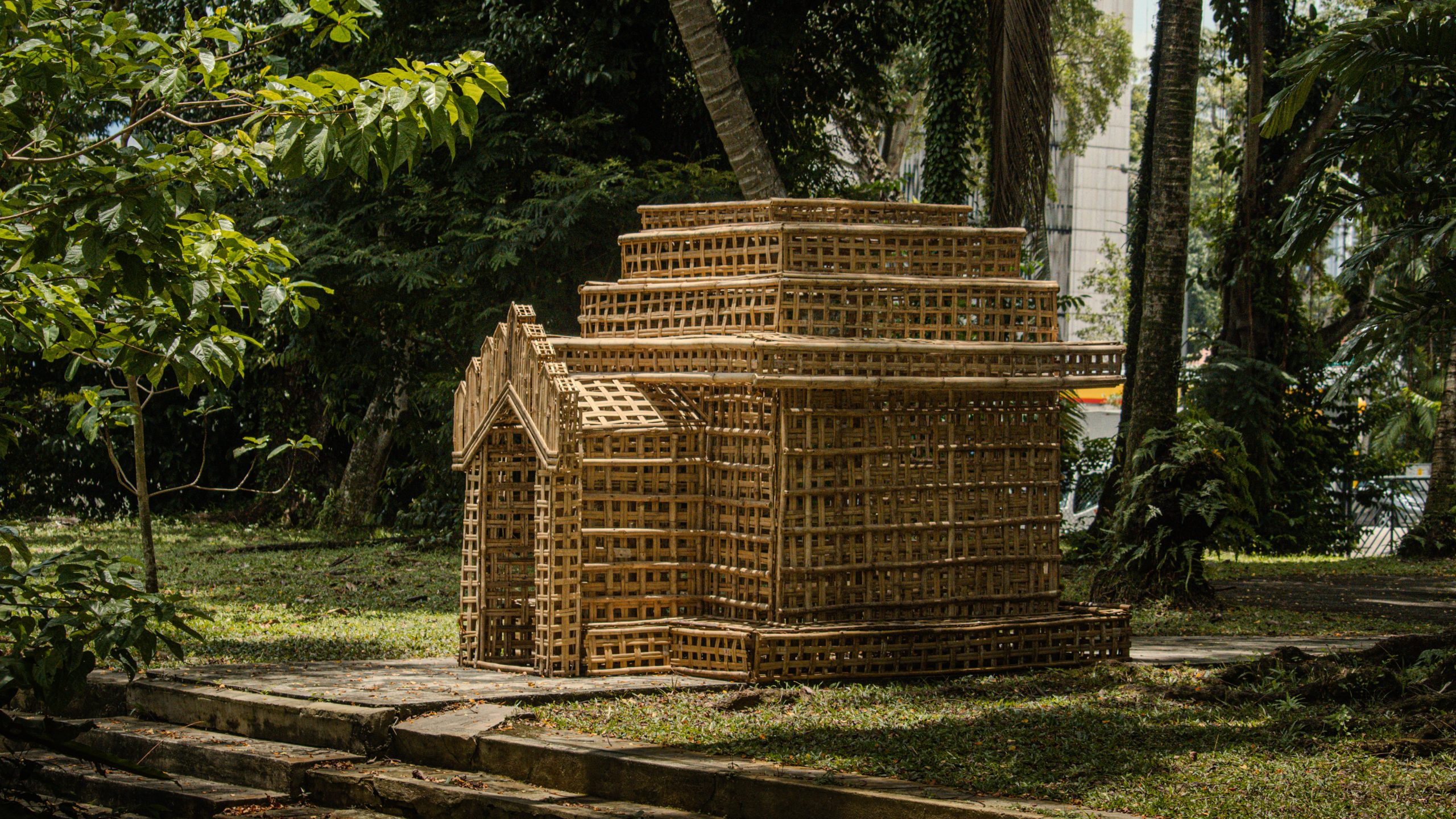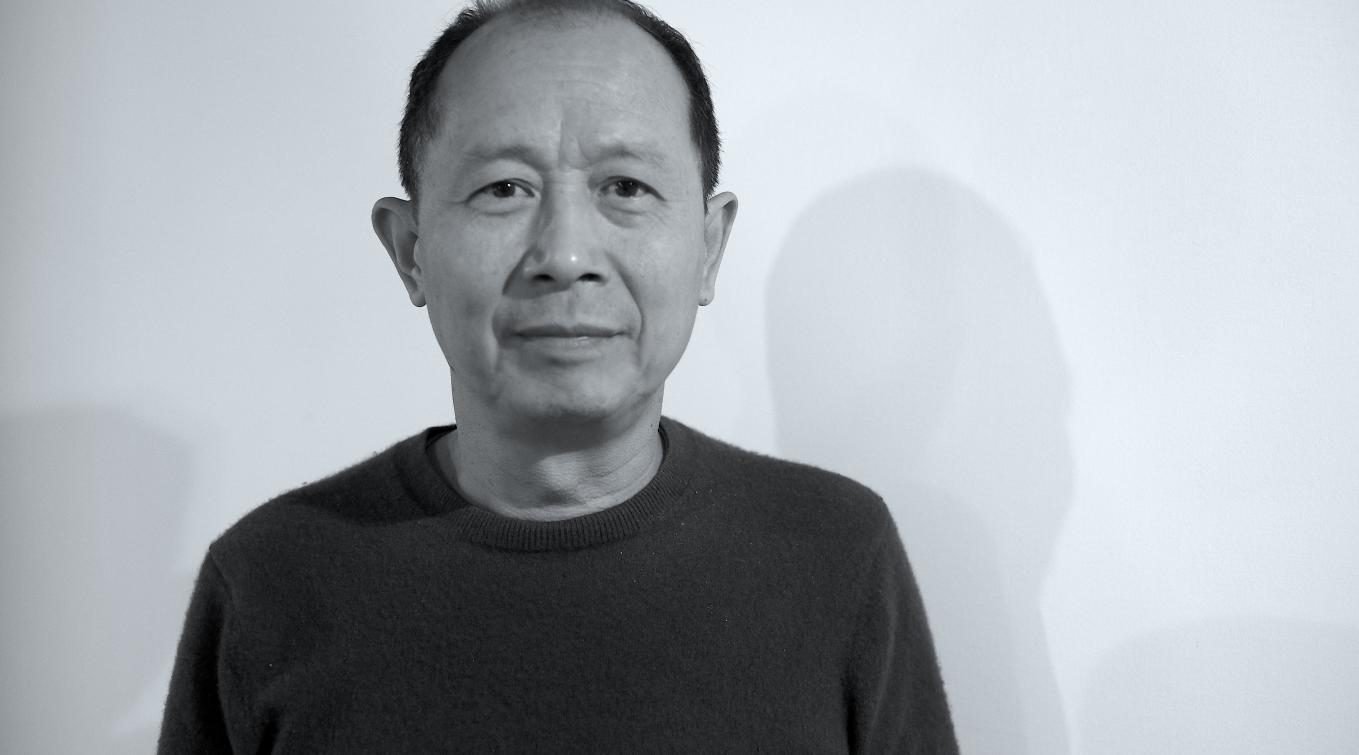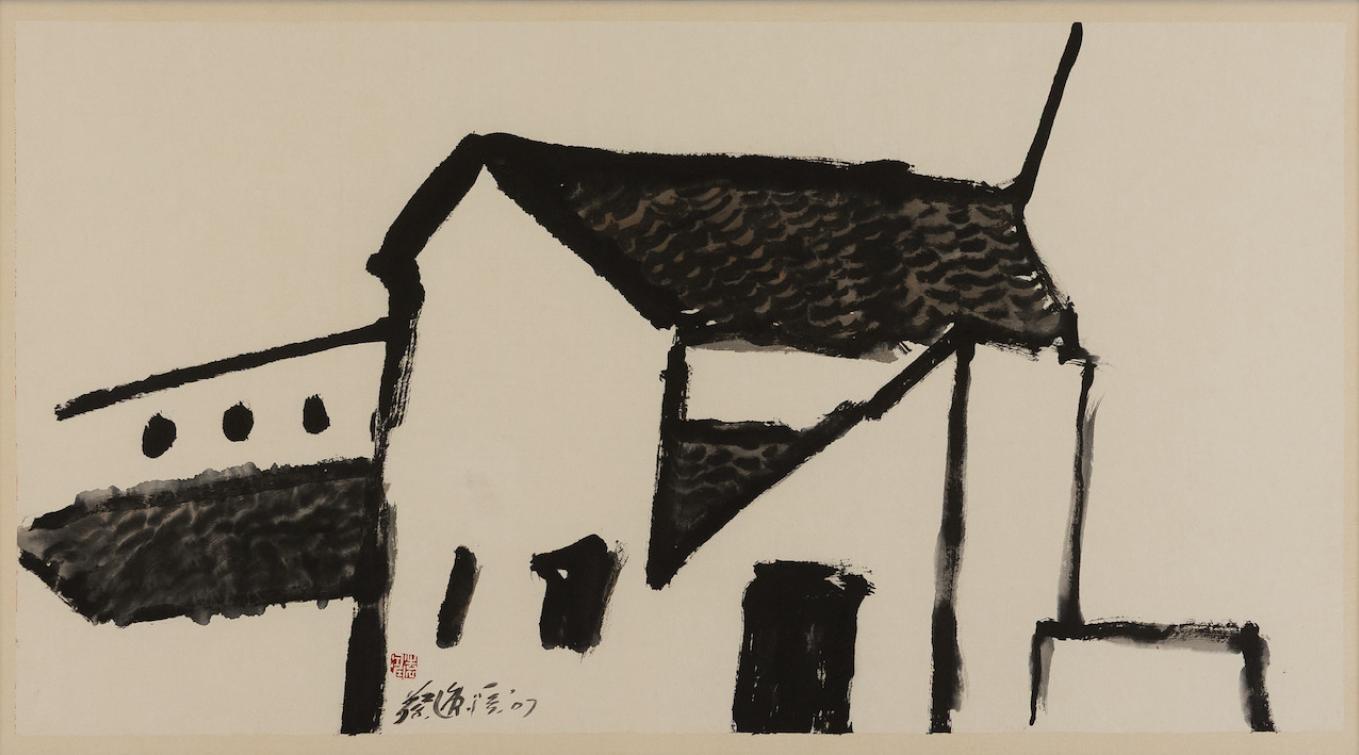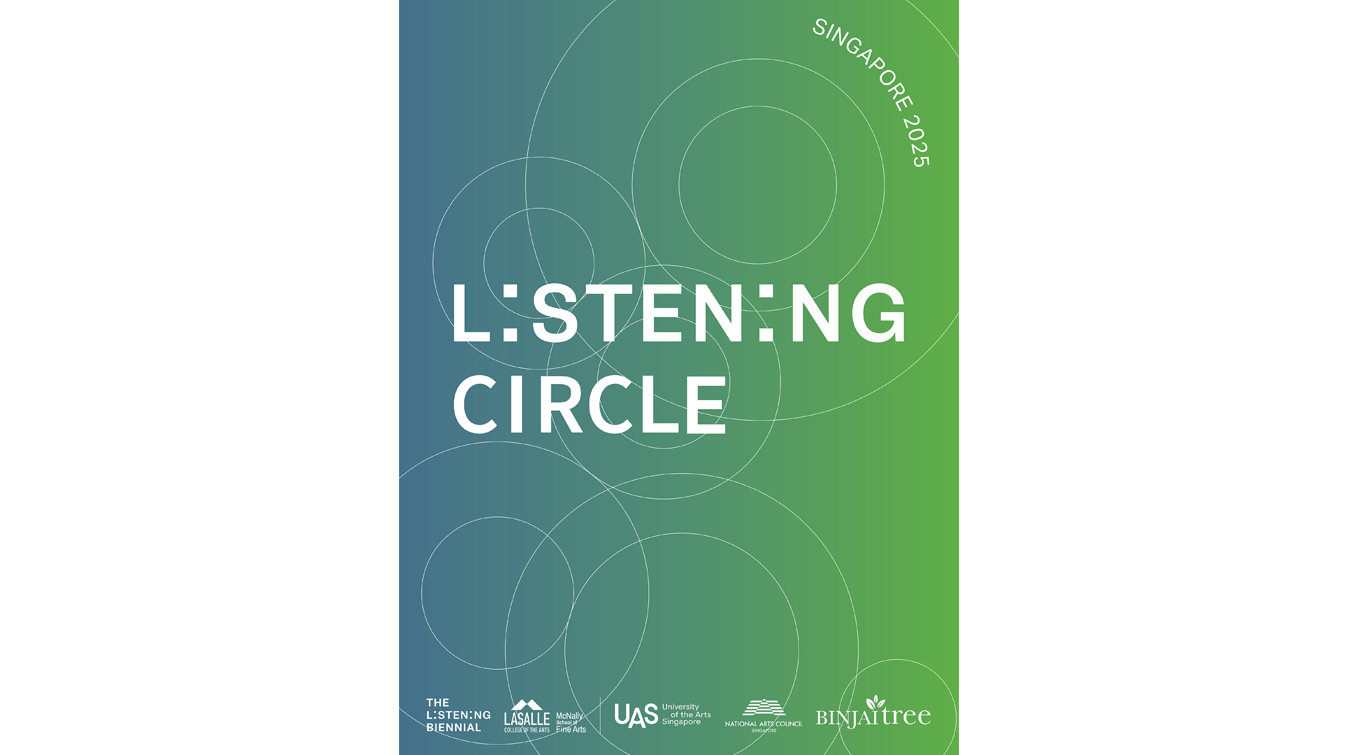When does art become “difficult”?
Indeed, art becomes “artistically meaningful” when it is brought to face and intervene in the world. This is by definition a difficult task: artists need to make sure that the way they reveal the difficulty in life is “artistic”—critical, imaginative and visionary, instead of superficially and moralistically didactic.
A truly public arts institution should be a place to encourage capacity for difference-making and public debates, rather than imposing any established and monopolistic vision of the world and the “artistic norm”. It should be a place for resisting populism in the field of artistic practice and, by extension, populism in society and in politics.
Join this talk by curator and art critic Hou Hanru at this annual lecture organised by the MA Asian Art Histories programme.
About the speaker
Hou Hanru is a prolific art critic, writer and curator based in Paris and Rome who has curated and co-curated over 150 exhibitions in the last three decades.
Among his most notable exhibitions are China/Avant-Garde (1989), Cities on the Move (1997), the Shanghai Biennale (2000), the Gwangju Biennale (2002), the Istanbul Biennial (2007) and Art and China After 1989: Theater of the World (2017).
Hou also teaches in numerous international institutions and serves as an adviser in various art institutions. He contributes to exhibition catalogues and journals on contemporary art and culture. He wrote On the Mid-Ground (2002).
Hou is a chavelier de l’ordre des arts et des lettres.









